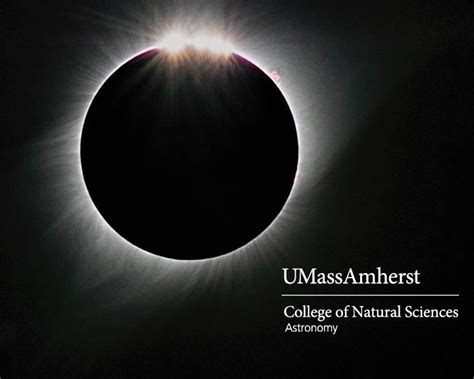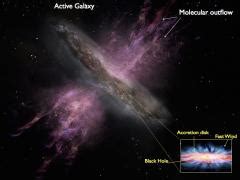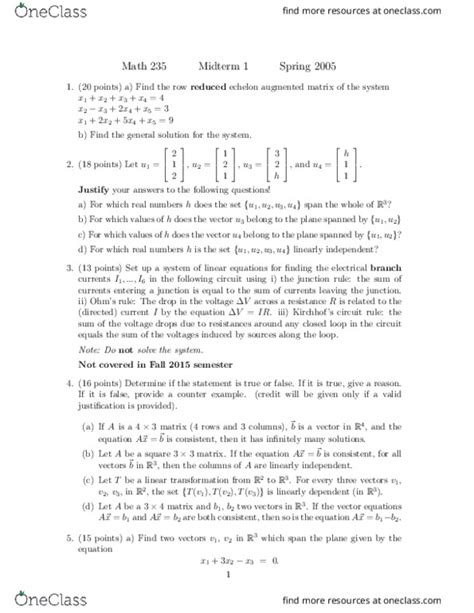How To Observe Umass Amherst Astronomy Celestial Events Safely At Night

Observing celestial events at night can be a thrilling experience, especially with the resources available at the University of Massachusetts Amherst. The Department of Astronomy at UMass Amherst offers various opportunities for students, faculty, and the general public to observe and learn about celestial events. To ensure a safe and enjoyable experience, it is essential to follow proper guidelines and precautions when observing celestial events at night.
Preparation is Key

Before heading out to observe celestial events, it is crucial to prepare oneself with the necessary equipment and knowledge. The UMass Amherst Astronomy Department provides access to telescopes and other observational equipment, but it is also important to bring personal items such as warm clothing, blankets, and snacks. Binoculars or a pair of astronomy binoculars can also be useful for observing celestial events. Additionally, astronomical software or planetarium apps can help identify celestial objects and events.
Understanding Celestial Events
Celestial events such as lunar eclipses, solar eclipses, meteor showers, and planetary alignments can be spectacular to observe. However, it is essential to understand the nature of these events and the necessary precautions to take when observing them. For example, observing a solar eclipse requires special solar viewing glasses or a solar telescope with a proper filter to avoid damaging one’s eyes.
| Celestial Event | Precautions |
|---|---|
| Lunar Eclipse | No special precautions needed |
| Solar Eclipse | Use solar viewing glasses or a solar telescope with a proper filter |
| Meteor Shower | Dress warmly and bring blankets and snacks |
| Planetary Alignment | Use binoculars or a telescope to observe |

Observing Celestial Events Safely

When observing celestial events at night, it is crucial to prioritize safety. Dark adaptation is essential for optimal viewing, and it can take up to 20 minutes for the eyes to fully adapt to the dark. Red lights can be used to preserve dark adaptation, and flashlights should be avoided. Additionally, trips and falls can be a hazard when observing in the dark, so it is essential to be mindful of one’s surroundings and to use handrails when walking up or down stairs.
UMass Amherst Astronomy Department Resources
The UMass Amherst Astronomy Department offers various resources for observing celestial events, including telescopes, binoculars, and astronomical software. The department also hosts public viewing nights and star parties, which provide opportunities for the community to come together and observe celestial events. The UMass Amherst Observatory is also available for use by students, faculty, and the general public, and it offers a 16-inch telescope and other observational equipment.
- UMass Amherst Astronomy Department website: https://www.umass.edu/astronomy
- UMass Amherst Observatory: https://www.umass.edu/astronomy/observatory
- Public viewing nights and star parties: https://www.umass.edu/astronomy/events
What is the best time to observe celestial events at UMass Amherst?
+The best time to observe celestial events at UMass Amherst depends on the specific event. However, in general, the best time for observing celestial events is when the sky is clear and dark, typically between 9 PM and 2 AM. It is essential to check the weather forecast and the UMass Amherst Astronomy Department website for updates on celestial events and viewing conditions.
What equipment do I need to observe celestial events at UMass Amherst?
+The equipment needed to observe celestial events at UMass Amherst depends on the specific event. However, in general, binoculars or a telescope can be useful for observing celestial events. The UMass Amherst Astronomy Department also provides access to telescopes and other observational equipment. Additionally, warm clothing, blankets, and snacks can be useful for comfort during extended observing sessions.
In conclusion, observing celestial events at UMass Amherst can be a rewarding and educational experience. By following proper guidelines and precautions, and by utilizing the resources available through the UMass Amherst Astronomy Department, individuals can safely and enjoyably observe celestial events and expand their knowledge of the universe.


